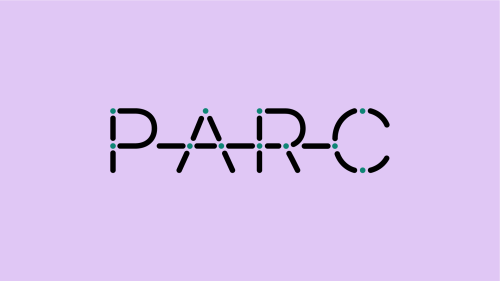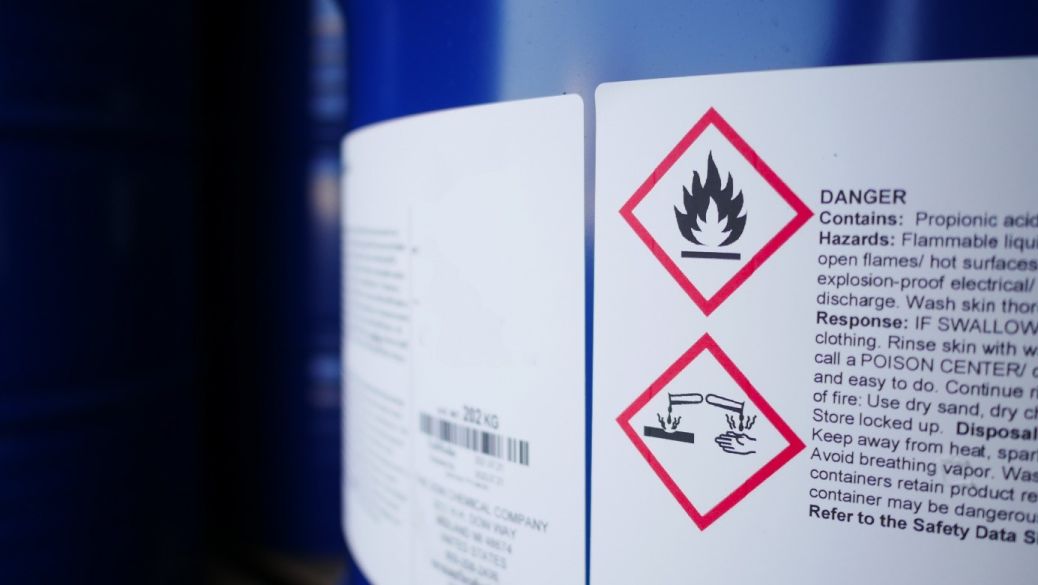
European Partnership for the Assessment of Risks from Chemicals (PARC)
The European Partnership for the Assessment of Risks from Chemicals (#EU_PARC) is one of the projects selected for funding by the European Union's "Horizon Europe" framework programme for the 2021-2027 period. Coordinated by ANSES, this major project is seeking to develop next-generation chemical risk assessment in order to protect health and the environment.
Partnership for the Assessment of Risks from Chemicals (PARC) in brief
- A 7-year partnership under Horizon Europe, the EU’s 2021-2027 framework programme for the funding of research and innovation.
- 200 partners in 29 countries and at EU level, national agencies and research organisations working in the areas of the environment or public health, the European Chemical Agency (ECHA), the European Food Safety Authority (EFSA) and the European Environment Agency (EEA)
- A budget of 400 million euros, 50% funded by the European Union and 50% by Member States
Submitted by ANSES and its French and European partners in response to a Horizon Europe call for projects in September 2021, the PARC project received a favourable assessment by the European Commission in January 2022 and has started on the 1st of May 2022.
The Agency, which is responsible for the scientific and administrative coordination of the partnership, is also participating in cross-cutting activities and scientific production.

🔎 Go to PARC's website
📄 Subscribe to PARC Newsletter
One ambition: to move towards a new generation of chemical risk assessment methods
The European Partnership for the Assessment of Risks from Chemicals aims to advance research, share knowledge and improve skills in chemical risk assessment. By doing so, it is helping to support the European Union's Chemicals Strategy for Sustainability, paving the way for the "zero pollution" ambition announced in the European Green Deal.
PARC represents a campaign of unprecedented scale, since it brings together about 200 French and European players, involving national and European health and safety agencies as well as research organisations. PARC encompasses all aspects of chemical risk assessment, including improving the anticipation of emerging risks, better addressing combined risks, and supporting the effective implementation of new European public policy guidelines for the protection of health and the environment in response to major health and environmental challenges and in line with citizens’ expectations.
The partnership is building on work undertaken as part of the European Joint Programme on human biomonitoring, HBM4EU (Human Biomonitoring for Europe), which came to an end in the summer of 2022, and will broaden the scope of its interests specifically to the assessment of environmental risks.
Main objectives:
- Develop the scientific skills needed to address current and future challenges in chemical safety
- Provide new data, methods and innovative tools to those responsible for assessing and managing the risks of chemical exposure
- Strengthen the networks which bring together actors specialised in the different scientific fields contributing to risk assessment
Main results expected:
- Establishment of a permanent interdisciplinary network on a European scale to identify and prioritise conceptual, scientific and technical advances and needs in terms of research and innovation
- Development of joint research and innovation activities reflecting the defined priorities
- Strengthening of existing capabilities for research and innovation and the creation of new cross-disciplinary platforms in Europe
First steps of the partnership:
- Continue work on the biomonitoring of chemicals in humans with the implementation of European studies in the general population and in work situations. Review the state of the art in chemical monitoring in order to set up new schemes or broaden the scope of substances monitored in existing ones while innovating with regard to the analytical methods used.
- Contribute to data generation to meet regulatory needs and to the development of new methodological approaches to assess effects on humans or on target organisms in the environment.
- Develop computer models and data analysis methods for analysing the effects of mixtures and combined exposure.
- Contribute to making data and models accessible and reusable for research and risk assessment purposes (i.e. that meet the FAIR principles - Findable - Accessible - Interoperable - Reusable), as part of an "Open Science" approach.
- Develop the new concepts and tools needed to implement the EU Chemicals Strategy for Sustainability: the chemical synthesis of new compounds or materials without risks to health and the environment, the ability to detect substances that are hazardous to health or the environment, or the provision of modelling tools.
The research strategy and work programme ensure that an open and transparent dialogue between scientific and regulatory bodies is promoted, involving all stakeholders.
> The list of PARC partners
European partnership
This partnership has received funding from the European Union’s Horizon Europe research and innovation programme under Grant Agreement No 101057014


